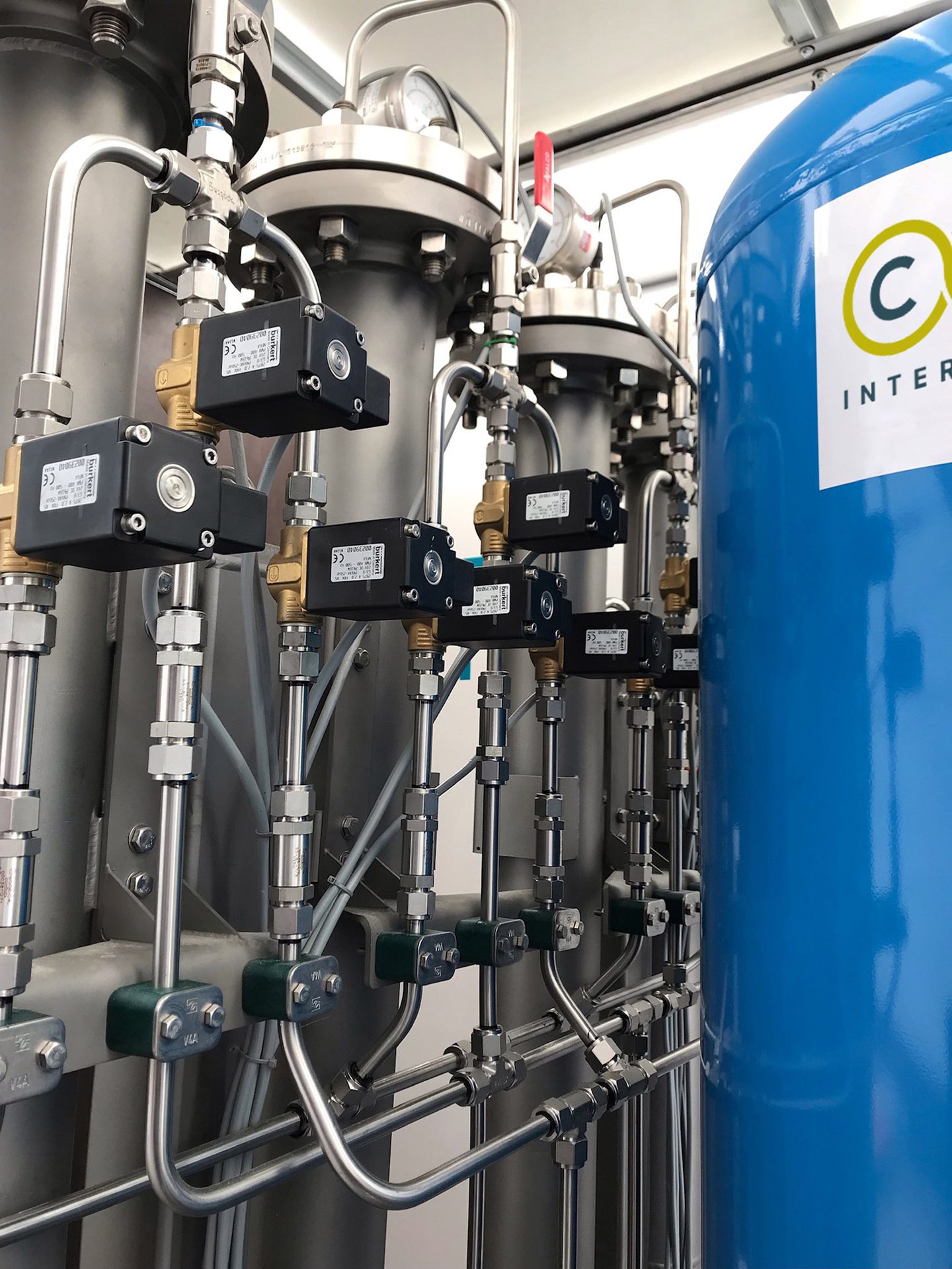
An Aberdeen-based carbon capture firm is launching its first round of fundraising with the aim of generating £1bn revenues over the next 10 years.
CCU International is opening the fundraiser on Monday (Dec 5) for £5-10 million to commercialise its patented carbon capture and utilisation (CCU) tech.
The global market, today at $2.5bn, is expected to be worth more than $12bn by 2031, it said, and CCU International plans to draw its revenues initially from projects in the UK and the US.
Chemical engineering specialist Professor Peter Styring of Sheffield University is the technology adviser at the firm.
He developed the multi-stage process over six years to capture CO2, which is then pressurised and liquefied for use to create industrial products.
CCU International has an exclusivity agreement with Sheffield University, though it remains Aberdeen-based.
‘A better strategy for emitters’
CCU International said its system is superior to other products which mainly focus on capturing and storing CO2 for large emitters, taking years to implement and not focusing on utilisation.
Instead, their system is modular, able to deal with small to large volumes of CO2 – from 300kg to hundreds of tonnes per day – and can be easily transported and deployed within weeks.
The opening funds raised will be used for equipment and overheads.
CCU International is being led by CEO Beena Sharma, a director with specialism on scope 3 supply chain emissions and experience of 20 years working across industries including oil and gas, renewables, and manufacturing.
She said: “Capturing and utilising CO2 is a better strategy for emitters than buying carbon credits because it’s measurable and verifiable.
“By enabling the creation of carbon credits and reducing the risk of emissions fines, it also turns a cost into a revenue stream.
“Governments now recognise we can’t achieve Net Zero without carbon capture and our system enables smaller-scale industrials and SMEs to decarbonise cost-effectively for the first time as well as making it more efficient and affordable for all scales of emitters by creating a number of revenue streams as part of the process.”
Recommended for you


 © Supplied by CCU International
© Supplied by CCU International